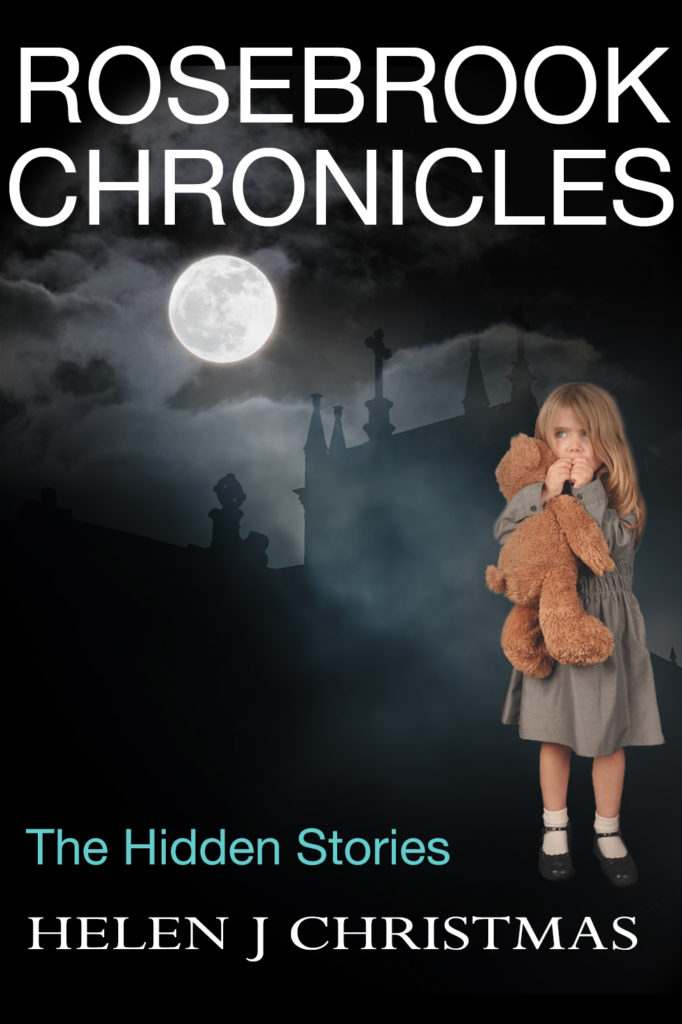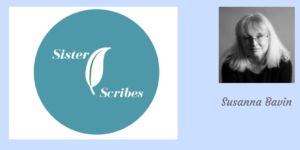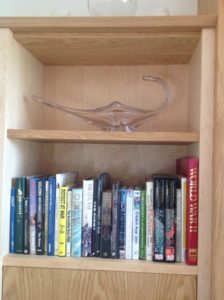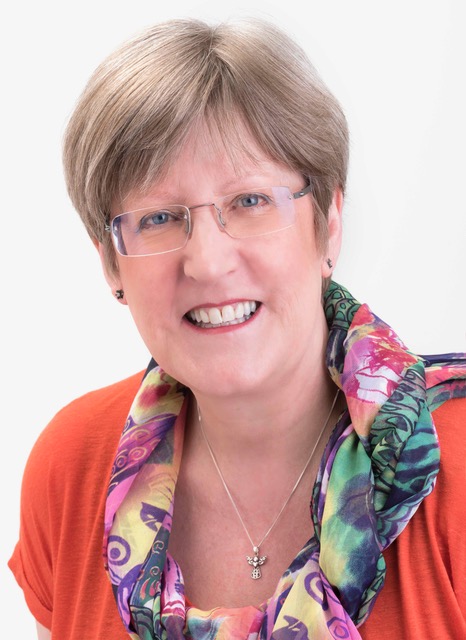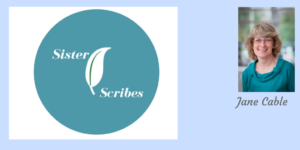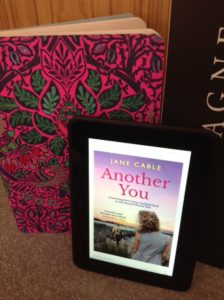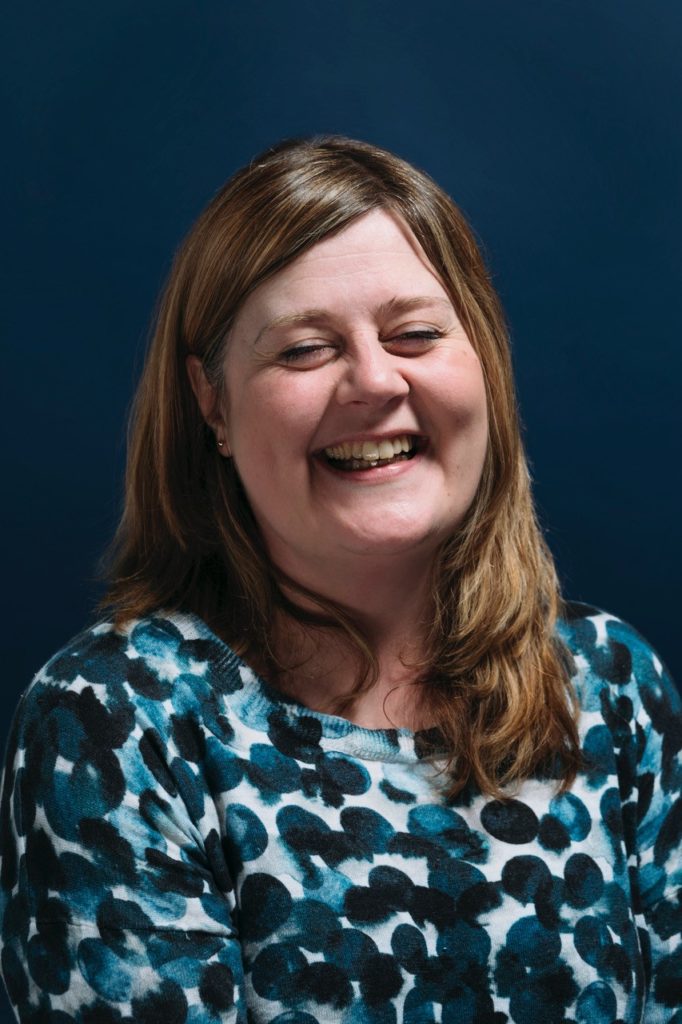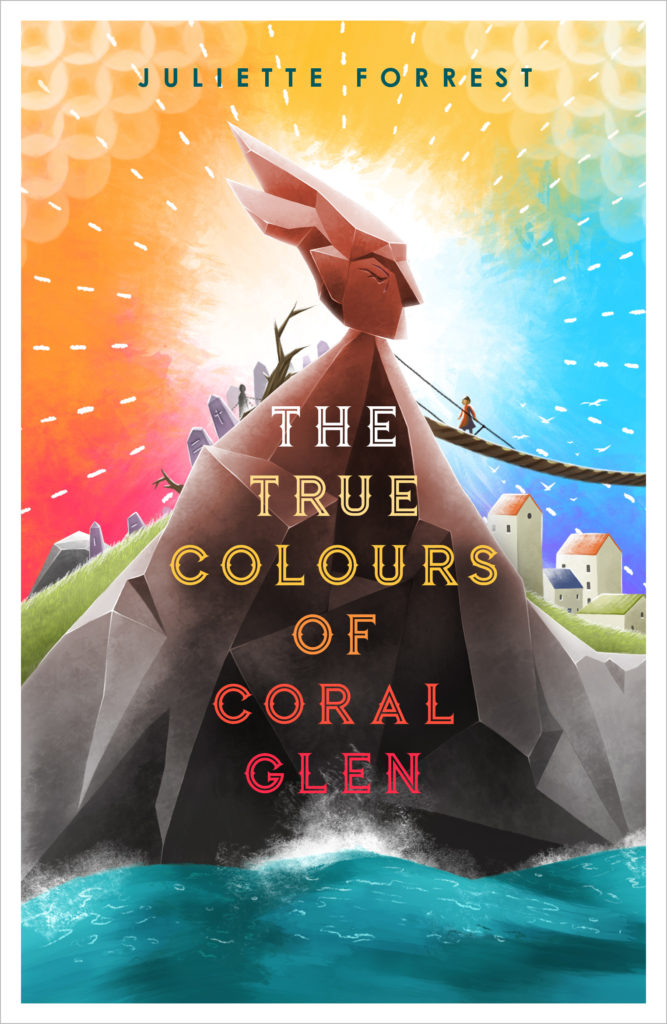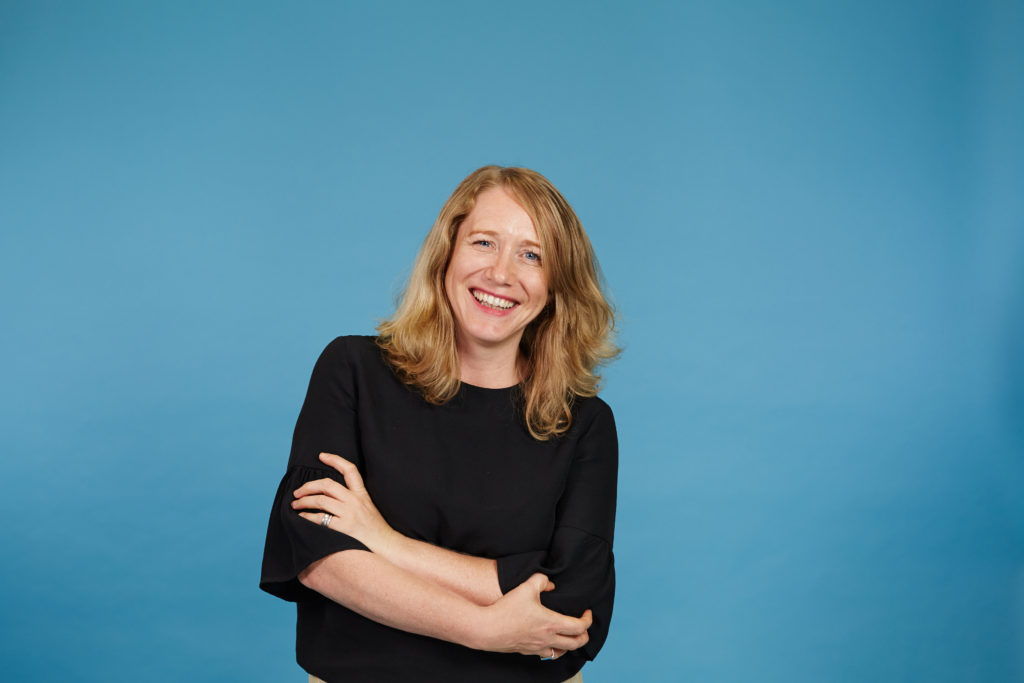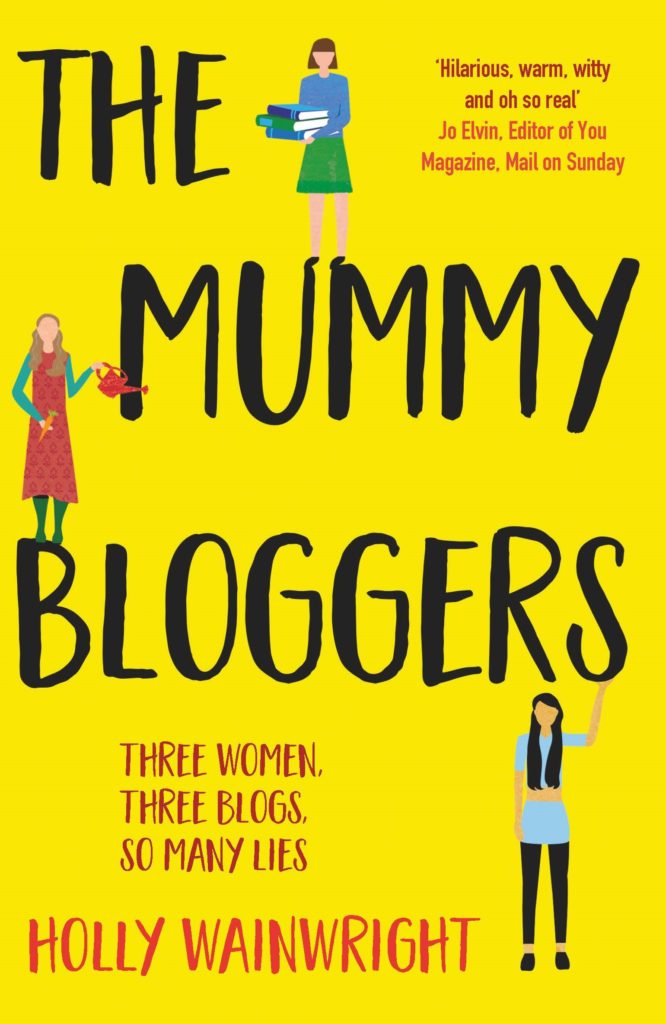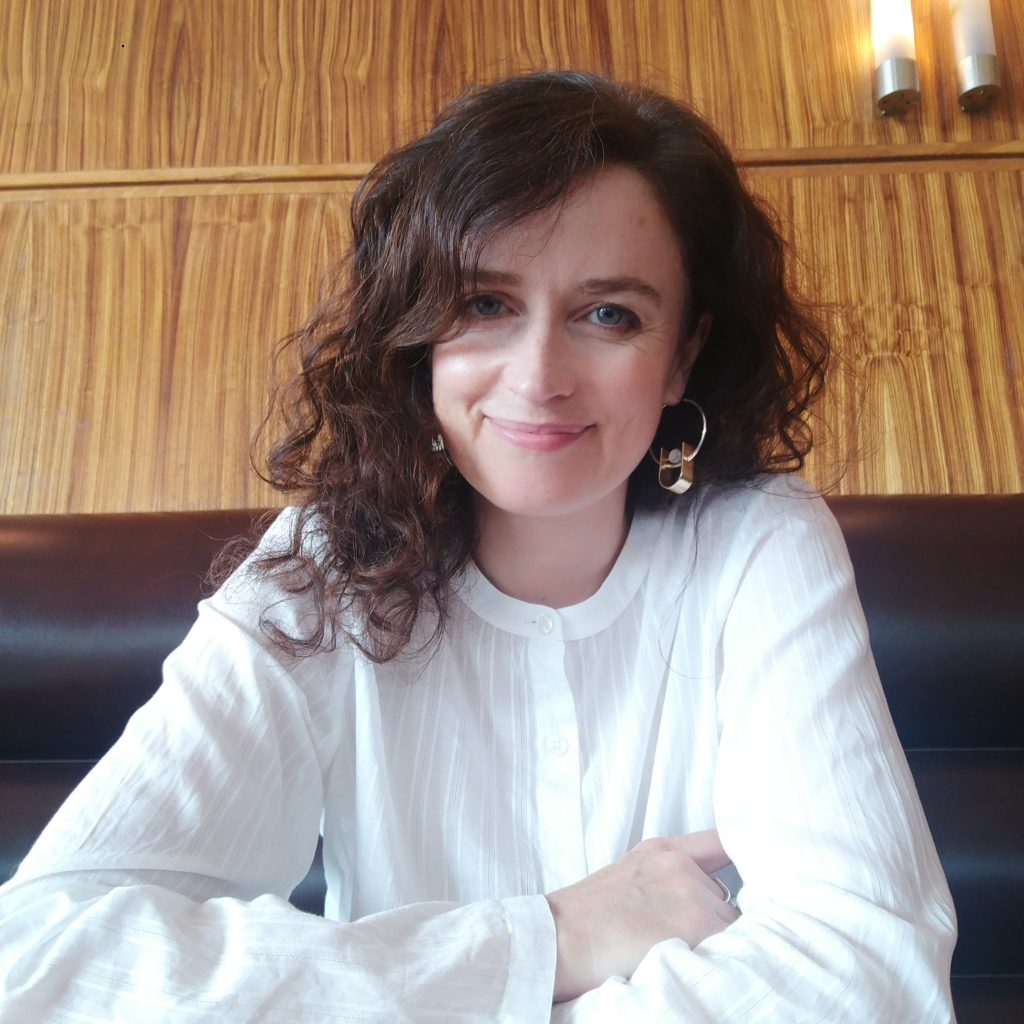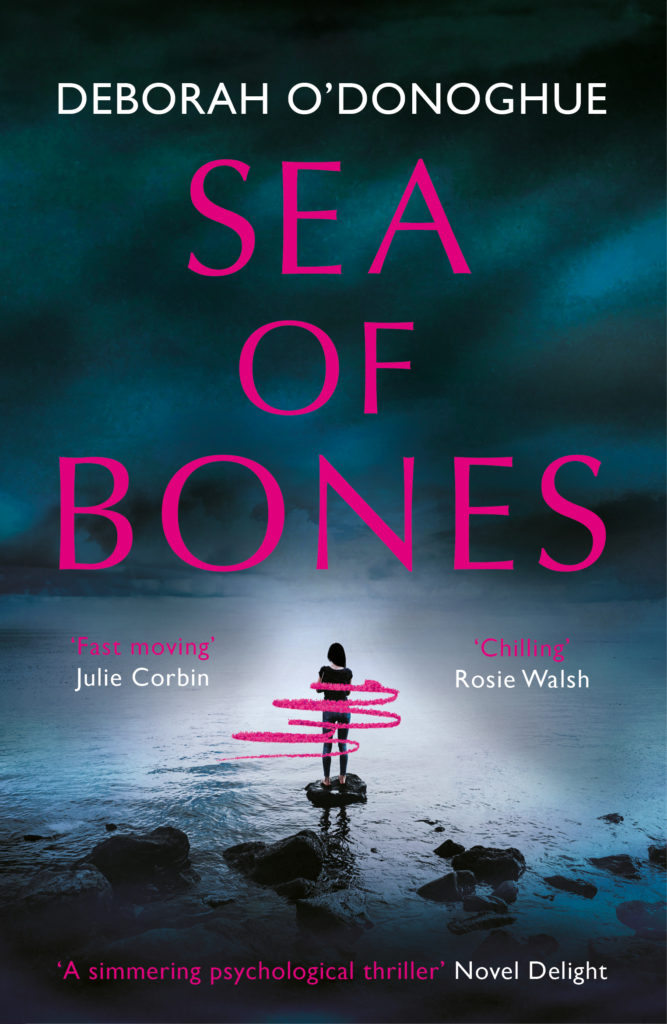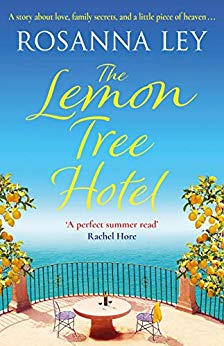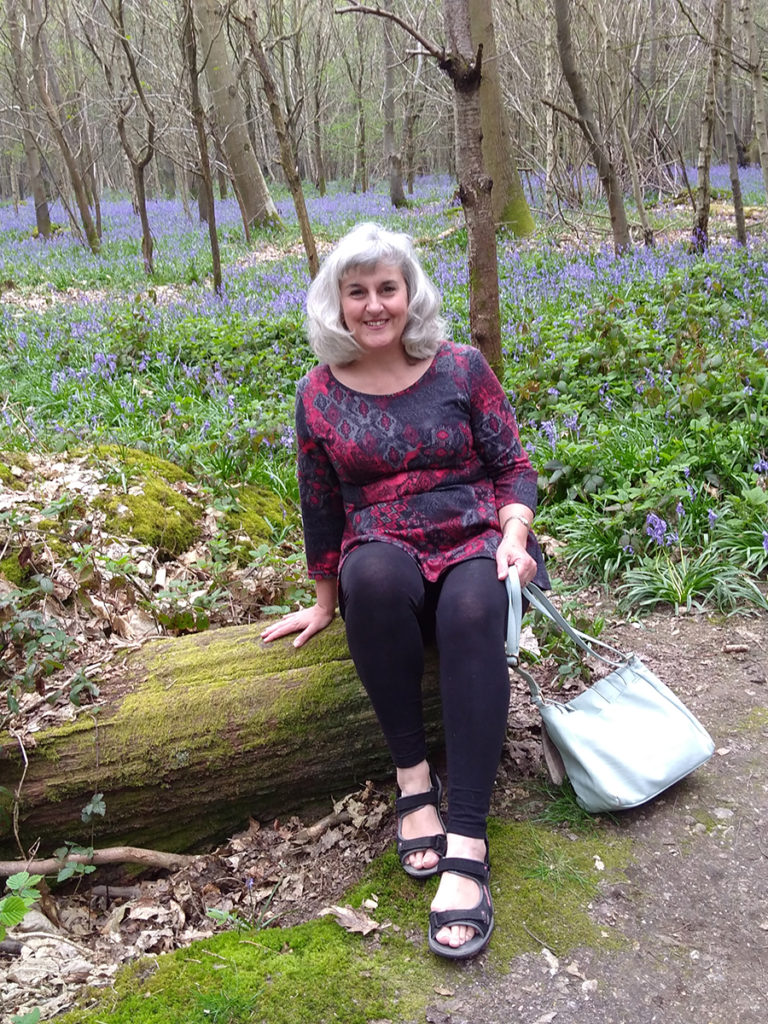 I am a website designer and an author and have written a five-book mystery thriller series.
I am a website designer and an author and have written a five-book mystery thriller series.
When I was out and about one day, walking our dog along the beach, my imagination ran wild and I remember getting my first ideas for a story. It started with the characters but grew into a suspenseful saga that spanned four decades; this was my inspiration for ‘Same Face Different Place,’ a series I completed in 2017.
Writing is something I’ve always loved, but working full time, it was difficult to find enough hours to write a novel. Once I started however, I found myself waking up earlier (5-6am). So why was I lying there, restless, thinking about my book, when I could be up writing it? This became my prime time for getting the bulk of my story written.
I spent seven years writing my series and it wasn’t just the writing I loved but the planning, the research, the development of new characters and the way the storylines fused together. I always started out with an outline plot but the best ideas flowed when I was creating the scenes. At the time I wasn’t bothered about word count. I tended to include a lot of description and dialogue but this can be whittled down in the editing process to give a tighter novel.
I derive a huge amount of pleasure from writing but the biggest reward is getting good reviews. No-one can describe the euphoria an author feels when they see a glowing testimonial from a reader. Just the thought that someone has enjoyed your book is a wonderful boost, something that really makes it worthwhile.
I confess to feeling an anti-climax when I reached the end of my series but fortunately, had an idea for a new book. After writing such a huge saga, I wanted to try writing smaller stories. Such was the thinking behind Rosebrook Chronicles, The Hidden Stories. This novel follows the lives of three lesser known characters, all of whom are abused as teenagers. It is the interlocking stories of these characters that drive the plot, a blend of social history and psychological suspense, told from the heart and quite different from my thriller series. It also provides a background.
Writing this, I also experimented with different writing styles, one being present tense, the other first person, which I really took to. So with all this experience under my belt, what would I advise other writers?
This year I started a standalone psychological thriller set in modern day Sussex. I found it a little difficult to get into though, with a whole new cast of characters. It helps to have an outline plot to base your story on, but the one thing that works is getting to know your characters. Try to imagine how they think. Plot their back story, consider their family and friends network, where they work, maybe even what music they like. I’m sure this why my series became so easy to write in the end, because the characters to me felt like real people.
I occasionally end up writing extracts based on one character or scene; something to focus on if the writing process becomes cumbersome. So don’t give up.
Reading helps too. I like to lose myself in a good book as much as I like writing and with so many good psychological thrillers around, it is inspiration for the soul.
BIO: Helen lives in Sussex with her husband where they work from home in their idyllic 17th C cottage. They began their web design business in 1998 (still running) and other than writing, Helen loves walking, cooking and photography.
Beginnings
Visions
Pleasures
Retribution: Phase One
Retribution: End Game (series: Same Face Different Place)
Due to be published in July
Rosebrook Chronicles, The Hidden Stories.

